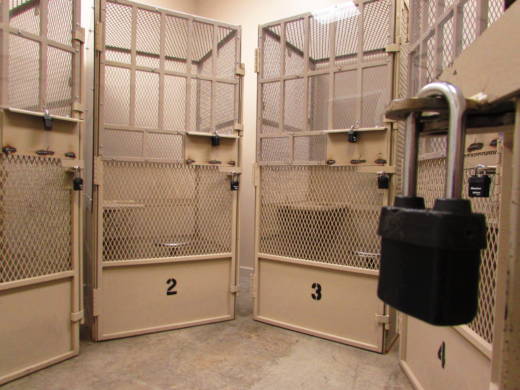In response to claims about the backlog, Dodson said that prison officials are “working every day to grow one of the world’s largest treatment programs involving [medication-assisted treatment] in a correctional setting. It’s happening during a global pandemic, with rising cases in both communities and within our system.”
Donna Strugar-Fritsch, a correctional health consultant with Health Management Associates, said she’s not surprised by the backlog, particularly because Buprenorphine, a medication used to ease the pain of opioid withdrawal and reduce cravings, can only be prescribed by a physician with special waivers and training. The handful of other states with medication-assisted treatment programs inside prisons, like Connecticut and New Hampshire, have dealt with similar hurdles, despite having much smaller inmate populations, she said.
“It’s kind of what we call a pig in a python. There’s a great demand at first because no one’s ever had access to the treatment before,” Strugar-Fritsch said. “Some of it is artificial and needs to be culled out. Some of it is there are more people in the prison system that had cravings for years and still do and would like some relief from that.”
Strugar-Fritsch said it’s significant that jails and prisons in California have continued to provide medication-assisted treatment at all during the pandemic, given the string of major COVID-19 outbreaks in multiple facilities.
“A lot of prisons and jails basically said, ‘No one is getting health care anymore unless it’s an emergency because we can’t take people out of their cells,’ ” she said.

